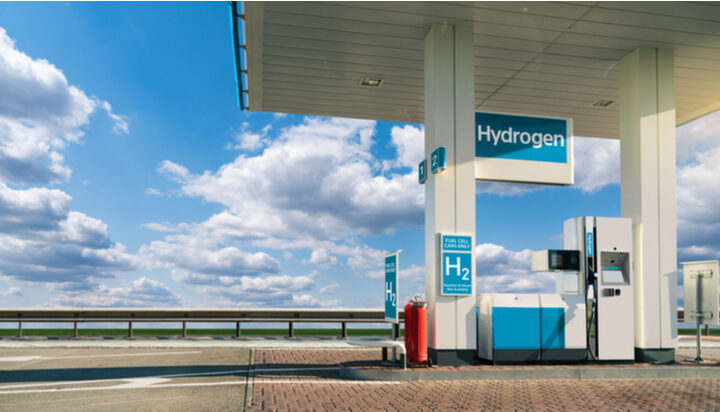Researchers at Cornell University and Stanford University have claimed that blue hydrogen could potentially be 20% worse for the climate than burning natural gas or coal for heat.
Published in the Energy Science and Engineering journal, the research estimates the greenhouse gas footprint of blue hydrogen is around 60% larger than burning diesel oil for heat.
The scientific team suggests blue hydrogen requires huge amounts of natural gas to produce and says that even with the most advanced carbon capture and storage technology, there is “a significant amount of the carbon dioxide and methane emissions that won’t be caught”.
Ahead of the Prime Minister’s announcement on the new hydrogen strategy, the authors note that blue hydrogen could be a distraction that might delay action to decarbonising the global energy economy.
Robert Howarth, Co-Author of the study and Professor of Ecology and Environmental Biology at Cornell University, said: “Politicians around the world, from the UK and Canada to Australia and Japan, are placing expensive bets on blue hydrogen as a leading solution in the energy transition.
“Our research is the first in a peer-reviewed journal to lay out the significant lifecycle emissions intensity of blue hydrogen.
“This is a warning signal to governments that the only ‘clean’ hydrogen they should invest public funds in is truly net zero, green hydrogen made from wind and solar energy.”
A government spokesperson said: “Low carbon hydrogen will be essential for meeting our legally binding commitment to eliminating the UK’s contribution to climate change by 2050, with more details to be set out in our forthcoming Hydrogen Strategy.
“Independent reports, including that from the Climate Change Committee, show that a combination of blue and green hydrogen is consistent with reaching net zero but alongside the Strategy, we will consult on a new UK standard for low carbon hydrogen production to ensure the technologies we support make a real contribution to our goals.”






